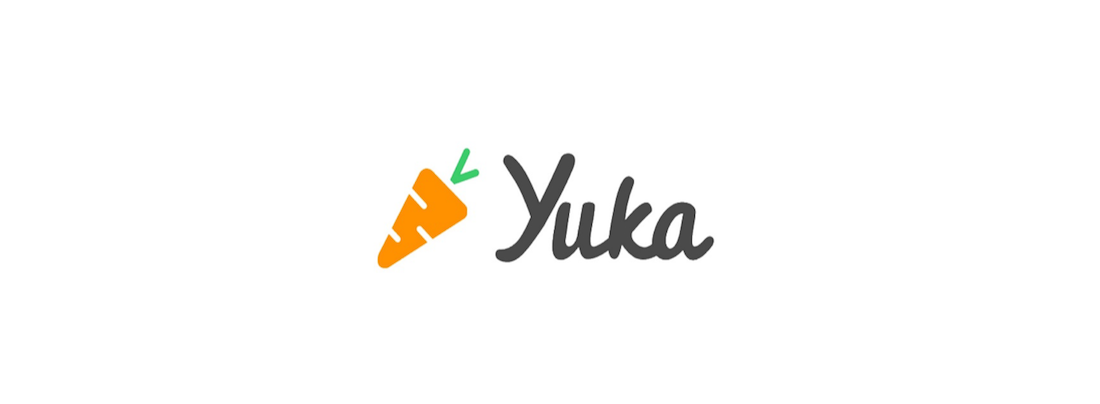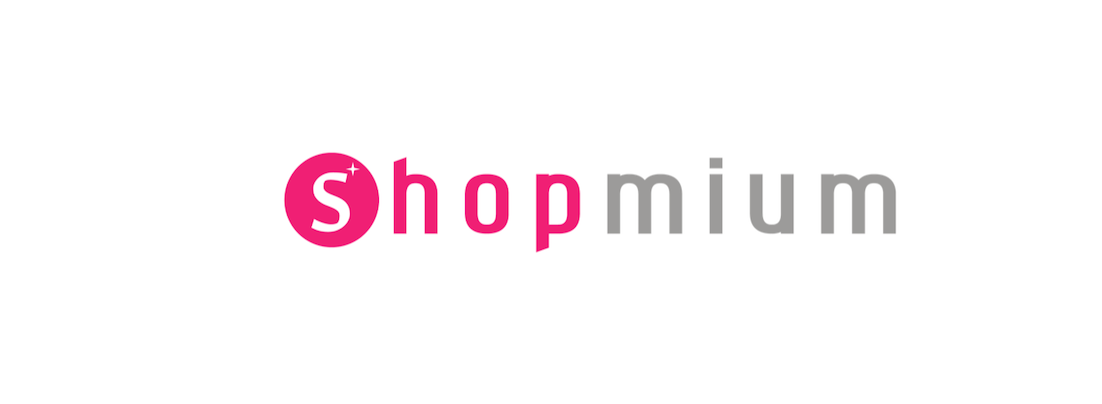Date published: 29.10.2019
The shopping app revolution: Shopmium, Too Good To Go and Yuka change consumer habits
Jon Beill, Managing Director Europe, Shopmium
Mobile apps have become part of daily life, including those dedicated to grocery shopping such as Shopmium. Just have a look at supermarket aisles: consumers now shop with their mobile phone in hand. And many Brits also use their mobile before going to the store, to prepare their grocery shopping.
This growing trend is changing consumer habits, with new ways of shopping. Three mobile apps in particular are disrupting the market: Shopmium of course, Too Good To Go and Yuka. All three are creating new opportunities for consumer brands.

Too Good To Go: the food waste activist
Key figures:
- Over 1 million users
- More than 2,200 partner stores
- 17 million meals saved globally
Too Good To Go is committed to reducing food waste. The app allows consumers to buy “Magic Bags” of unsold food from supermarkets, cafés and restaurants. In some countries, Too Good To Go partners directly with FMCG brands, with consumers picking-up “Magic Bags” of surpluses from production sites.
Mette Lykke, CEO of Too Good To Go, explains: “The reality is that it’s standard practice for food businesses to throw away perfectly edible food. We give them the flexibility to offer up anything that’s still good to eat and sell it to consumers through the app at a discounted price. It’s a win for retailers, because they reduce waste, acquire customers and increase revenue, it’s a win for consumers who get great food for a reduced price, and it’s obviously a win for the environment which is our main motivation.”
Too Good To Go also wants consumer brands to revisit their “best before” message, clarifying that it is only an indicative date with the addition of an “often good after” mention. Several companies such as Arla Foods, Carlsberg and Unilever have committed to changing their wording although these changes have only been made in the Nordic markets so far.
Unilever for example added the mention on its new Knorr rice noodle mini meals launched in Denmark, Finland, Norway and Sweden. It says it is looking into the possibility of implementing the wording in other countries, but that local legal requirements must be taken into account first.
Too Good To Go is one of the signatories of the government-initiated “Step up to the plate” pledge. More than 100 of the biggest players in food, including all of the UK’s major supermarkets, have committed to help halve food waste by 2030 and raise public awareness of the issue. As such, food waste should become an even bigger topic in the years to come.
For consumers brands, Too Good To Go is an opportunity to rethink food surpluses and date labelling.

Yuka: the product analysis champion
Key figures:
- 11 million users
- 70% of products available in the UK recognised
- 3 million barcode scans per day
Yuka is a product analysis app launched before the summer in the UK. It allows consumers to scan the barcodes of food and personal care products and instantly see their impact on their health. Created in 2017, the app already has over 11 million users throughout Europe. With consumers wanting to make better choices, the app quickly saw great uptake.
Yuka changes consumer habits as shown by its first impact report for which a survey was conducted with 230,000 users:
- 94% of Yuka users have stopped buying certain products
- 83% have been buying less products but better quality
- 78% have been buying more organic products
In addition, 90% of the app users think Yuka can encourage brands to offer better products. And indeed, many FMCG companies are taking Yuka into account, including Nestlé, Mondelez and Unilever which have accepted to be featured in the app’s impact report.
Retailers too are taking action. The French supermarket chain Intermarché for example has announced it will change 900 of its food recipes by end of 2020, removing additives so that its products are better rated on Yuka. After this announcement, Ophelia Bierschwale, Yuka PR & Brand Relations Manager, told Euronews: “Our mission is above all to help our users to decipher labels so that they can consume more intelligently. But we also want to push the industry to offer better products, and this is what is happening today through this announcement, which is very positive.”
The Intermarché marketing team said: “Today’s consumer is ready to change their consumption habits and review their standards for products better for their health. Through this global quality improvement plan, we have worked to best meet their expectations and as quickly as possible.”
Undeniably, Yuka’s success reflects the desire for greater transparency and naturality. A growing number of consumers prefer clean label products. There is a significant growth opportunity for consumer brands.

Shopmium: the mobile activation pioneer
Key figures:
- 5 million users
- Up to 350,000 clicks per campaign in app
- 10 million sales in-store generated to date
At Shopmium, we help consumer brands engage directly with shoppers. Through our mobile app, shoppers can discover new products and enjoy exclusive discounts. For brands, it’s a way to recruit new buyers and generate incremental sales in-store.
Studies show that promotional offers have a big impact on consumer behaviours. In fact, Kantar says British shoppers buy more groceries on promotion than anywhere else in the world. According to a survey from Granby & Swift Receipt, 2 out of 3 consumers (66%) believe promotions make a brand more attractive. And more than half of consumers (56%) are ready to switch products because of a promotional offer (61% of women and 50% of men).
Vania for example, the sanitary towels brand, partnered with Shopmium to drive awareness of its Ultra range, recruit new buyers and create repurchase intent. Olivier Prat, Vania and Nett Brand Manager at Johnson & Johnson, explains: “Shopmium helped us with their mobile app solution, where we featured our new range of Ultra sanitary towels with a multi-buy offer”. He says: “The results were excellent from a new buyer recruitment perspective: 1 out of 3 users who bought through the Shopmium app were new to Vania’s products, so it really enabled us to obtain new consumers. The results were also excellent from a consumer loyalty perspective as the campaign’s multi-buy offer allowed us to have 2.3 products bought per consumer on average, improving the quantity bought per consumer, and therefore cultivating the loyalty of our existing buyers”. As such, he claims: “The ROI of the different campaigns we’ve run has always been excellent.”
Since the launch of the Shopmium app in 2011, over 5 million shoppers have joined the Shopmium community. For brands, it is a pool of captive and connected consumers, fond of promotions. Shopmium represents a unique opportunity to boost a product launch, increase sales of a specific product or range and broaden consumer base.
With the majority of Brits now using mobile apps before and during grocery shopping, consumer habits are changing. Many shoppers believe apps can help them save money and make better choices. Shopmium, Too Good To Go and Yuka in particular have millions of loyal users using them daily. This opens up new possibilities for consumer brands. Are you ready to embrace them? Maybe you are wondering where to start? Let’s talk! I would be delighted to exchange on new ways to generate sales in-store.